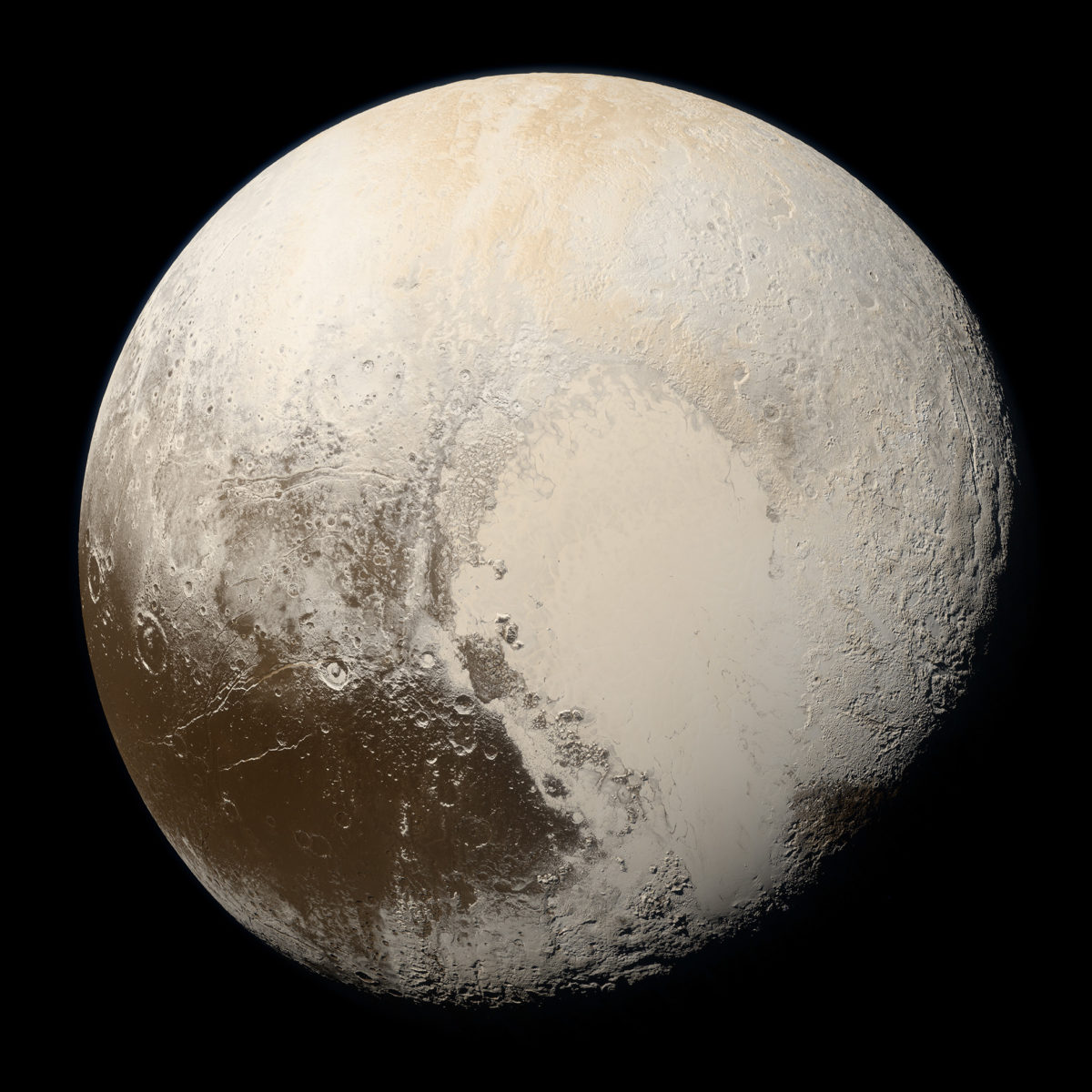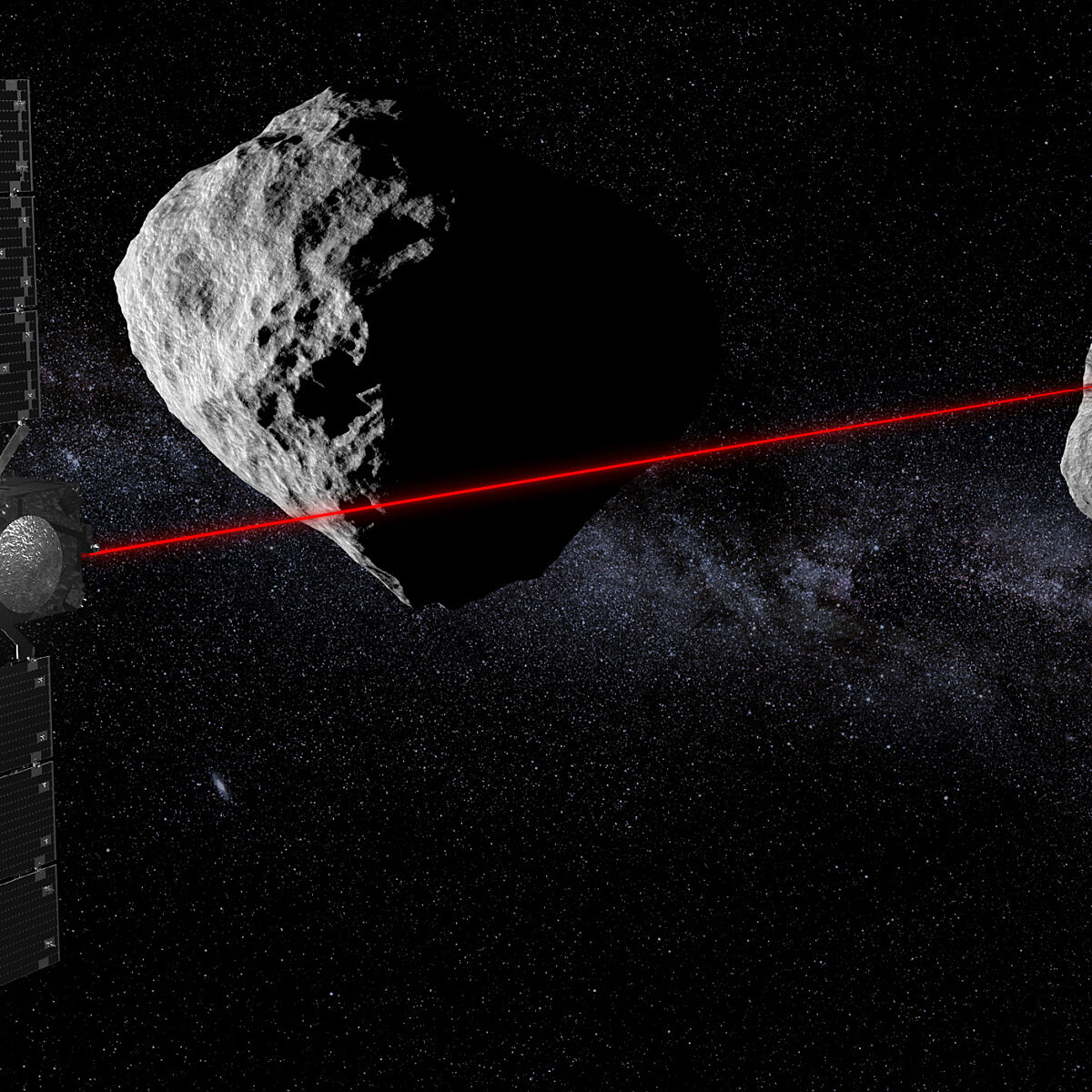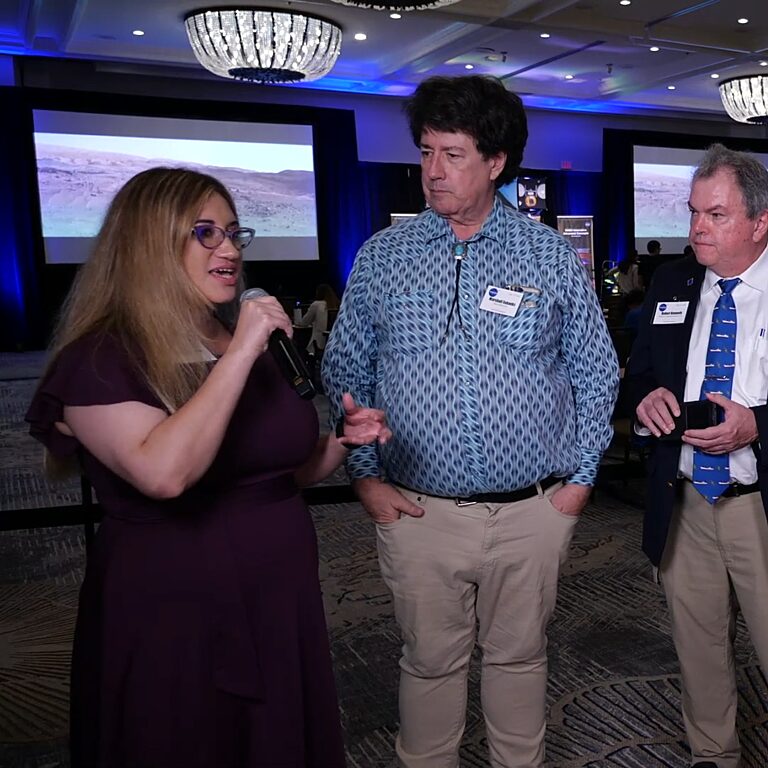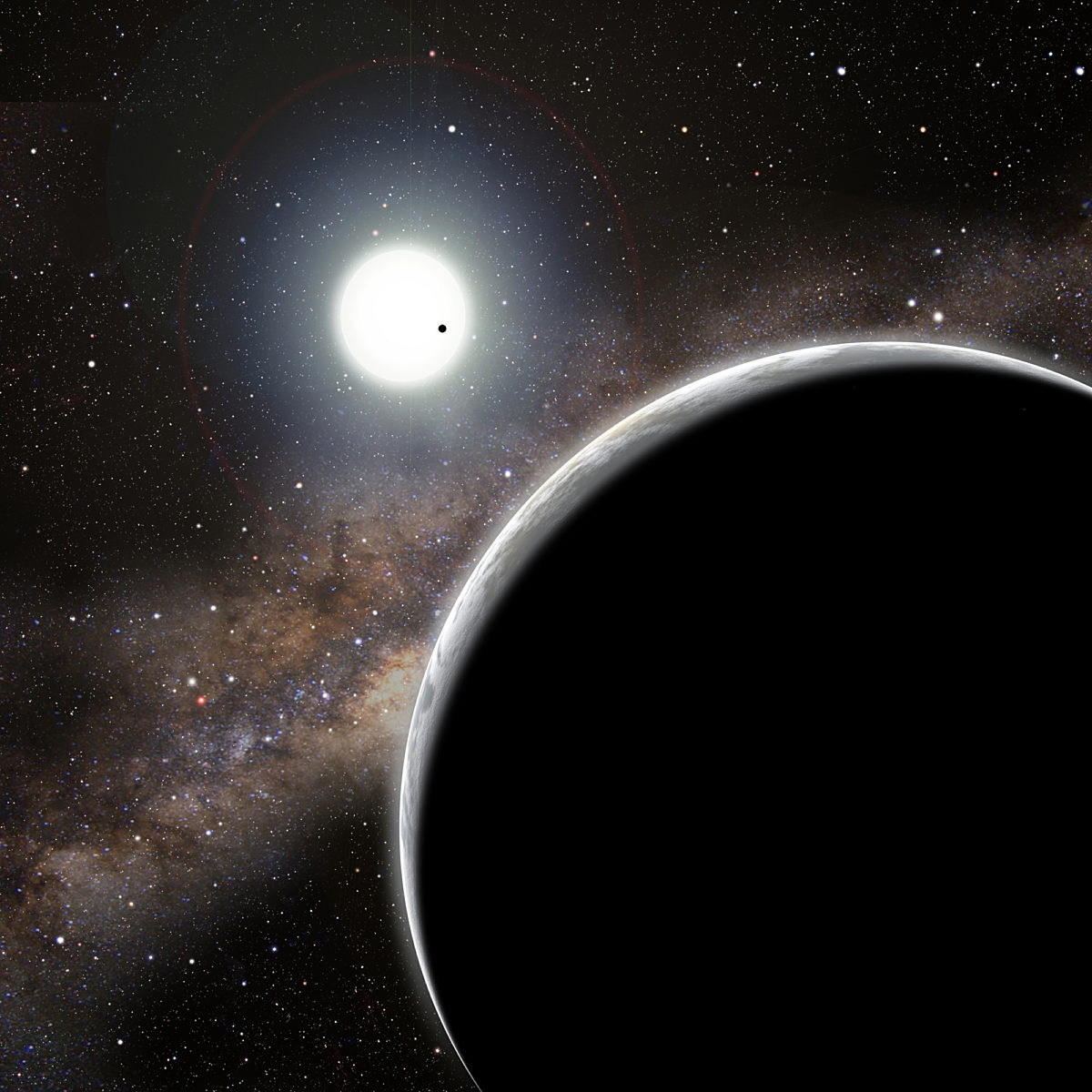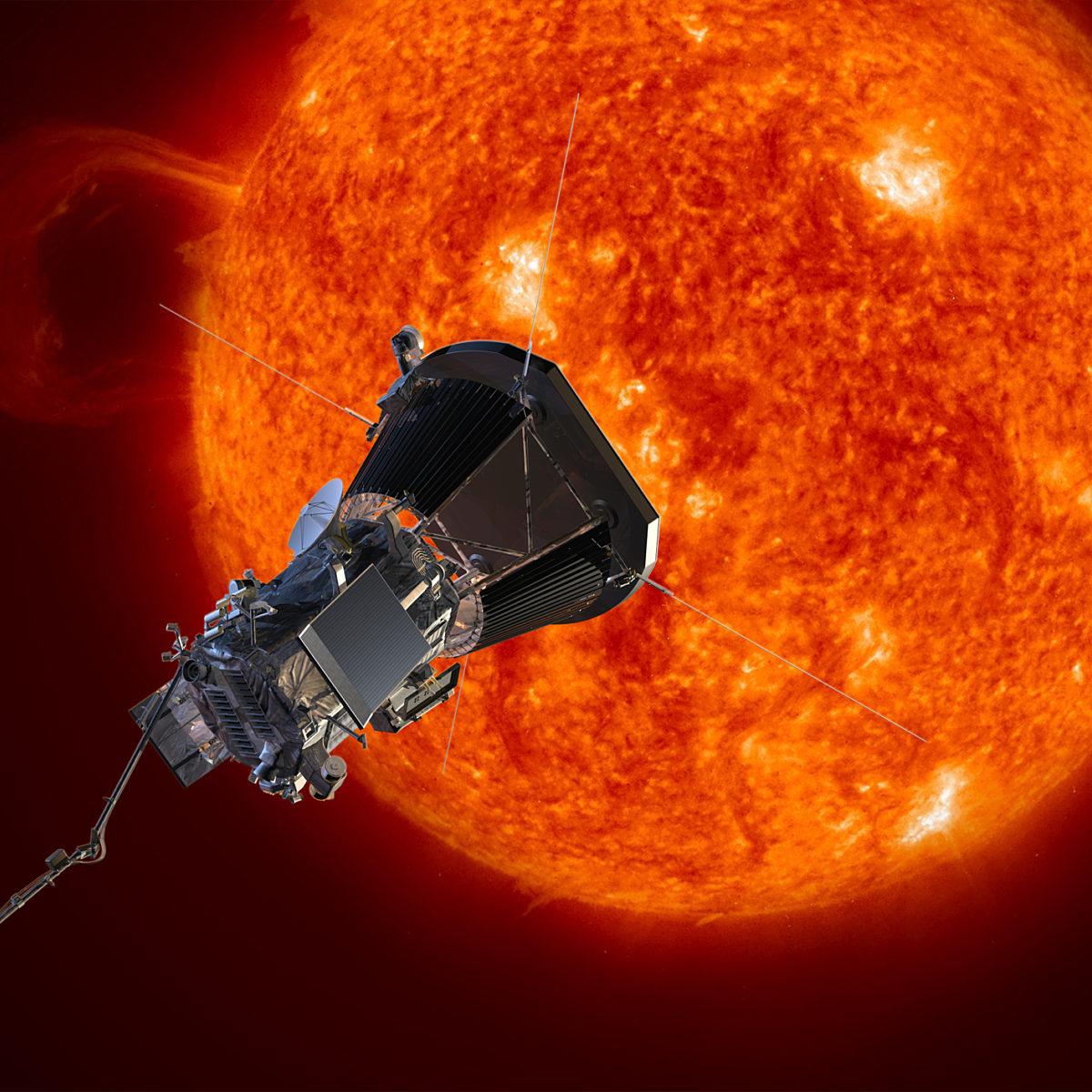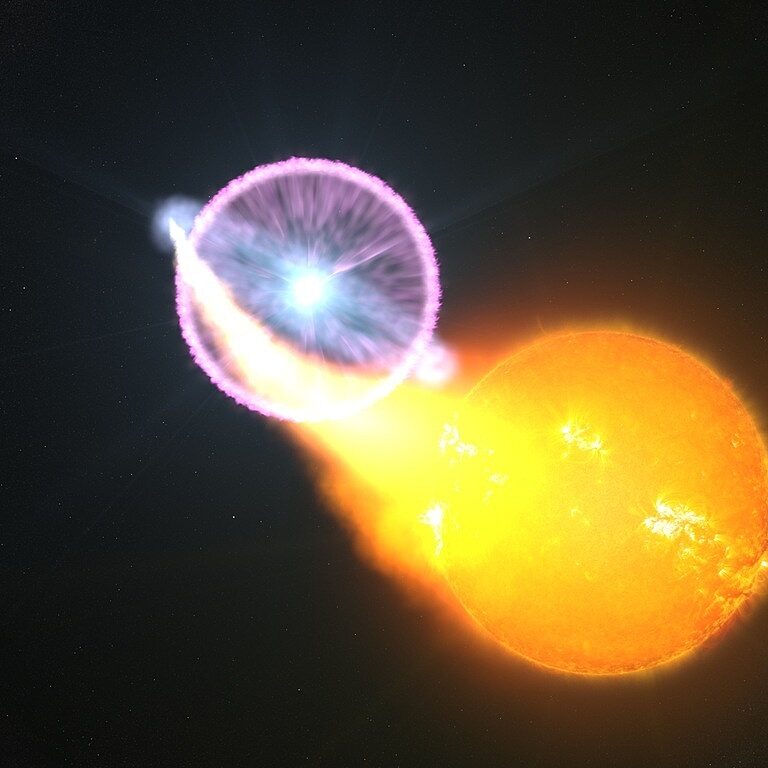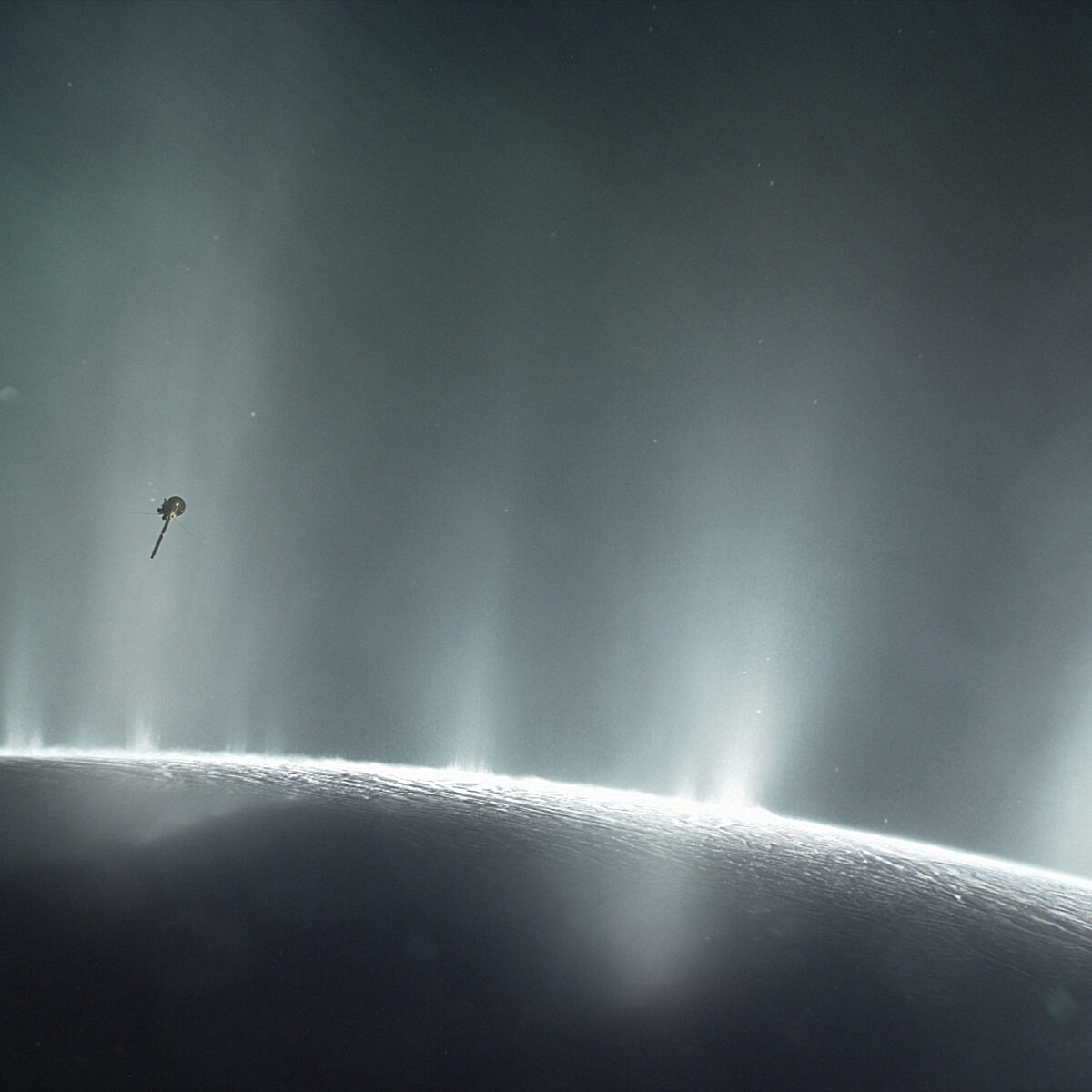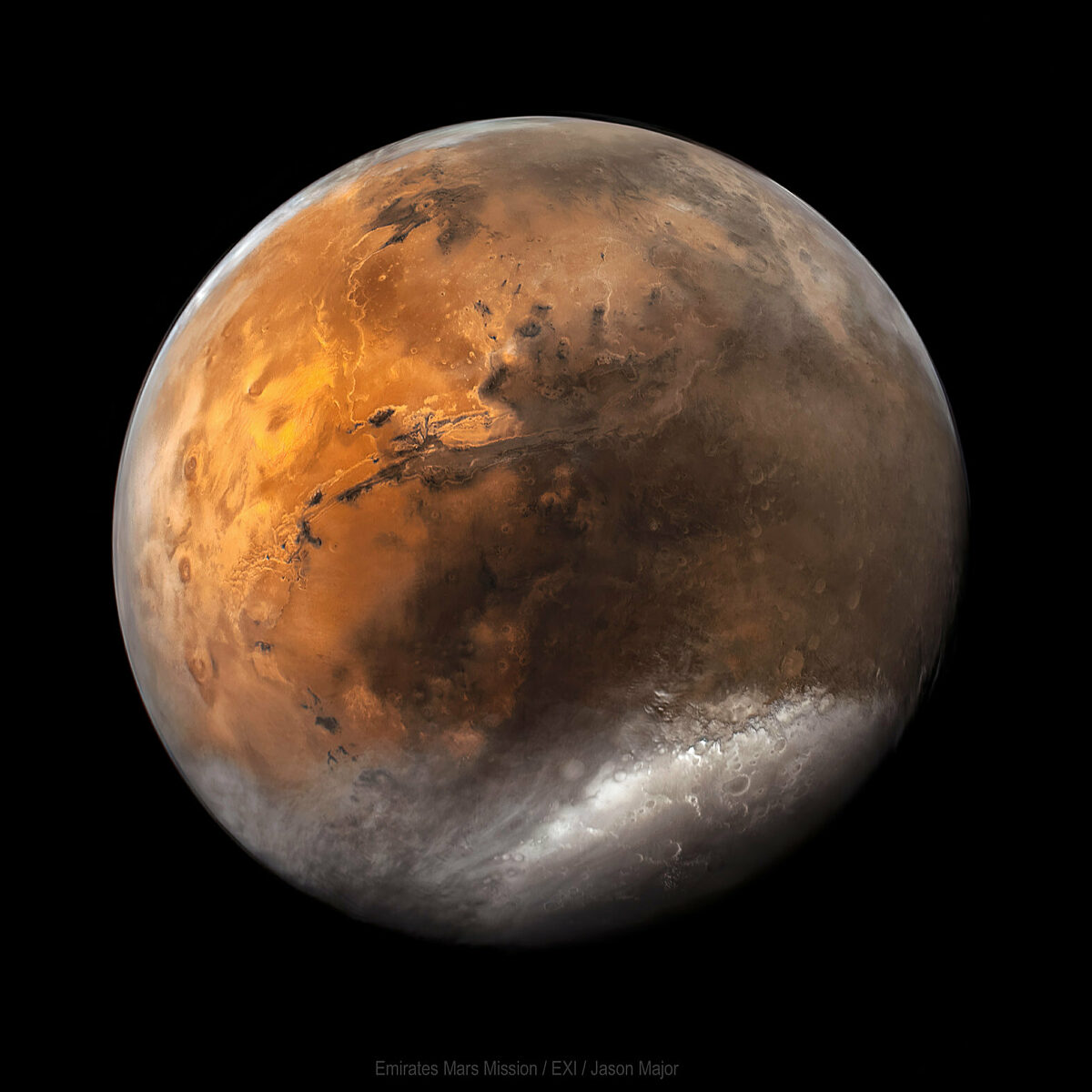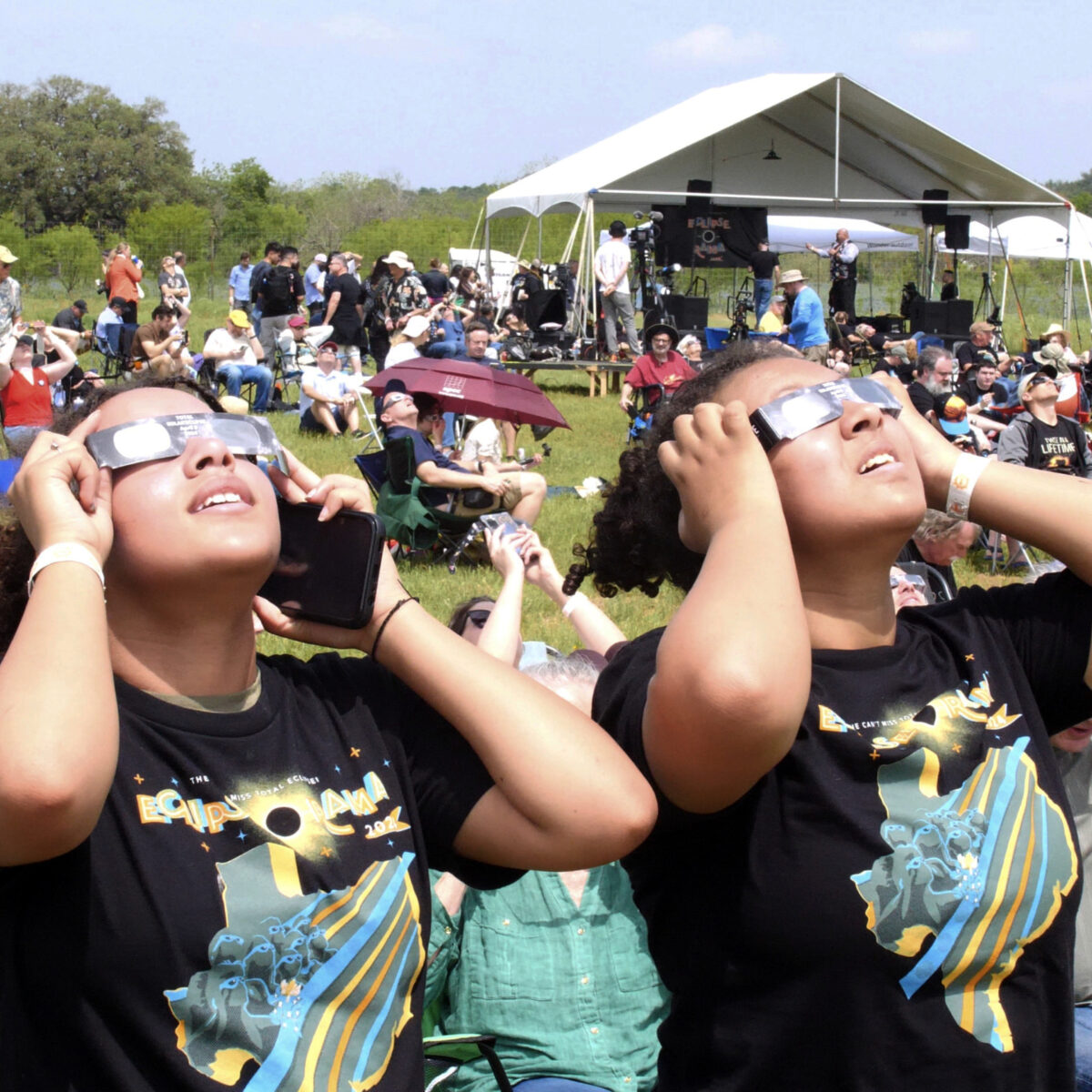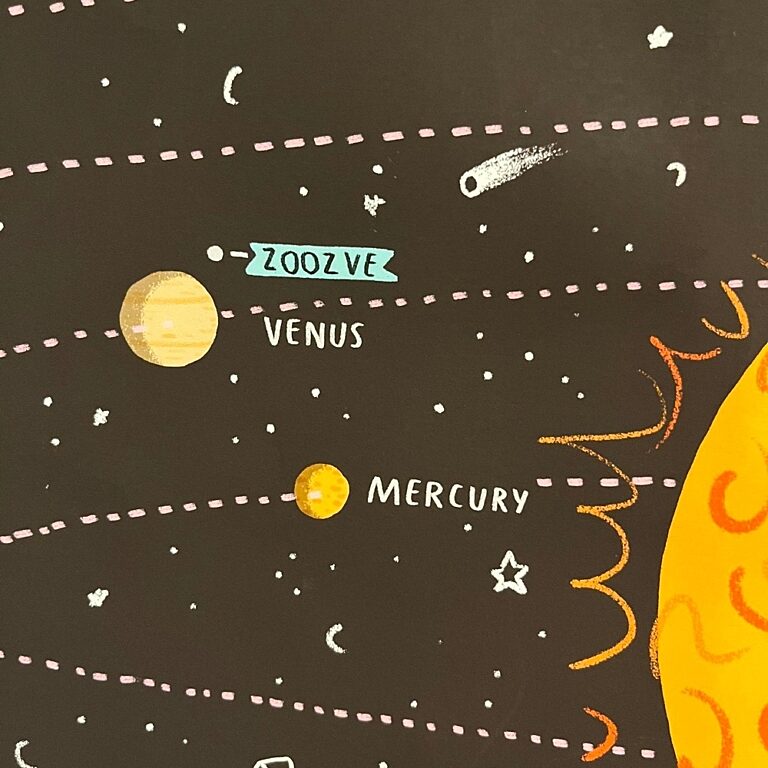Since 2002, Planetary Radio has visited with a scientist, engineer, project manager, advocate, or writer who provides a unique perspective on the quest for knowledge about our Solar System and beyond. The full show archive is available for free.
Search Planetary Radio
This week we discuss recent research on the origins of Pluto’s heart and what it can tell us about whether or not the dwarf planet has a subsurface ocean with Adeene Denton from the University of Arizona.
The Planetary Society and space advocates around the world fought to make Europa Clipper a reality. This week, we learn more about the tumultuous history of the mission with Casey Dreier, The Planetary Society’s chief of space policy.
We look forward to the Oct. 7 launch of the European Space Agency's Hera spacecraft with Michael Küppers, project scientist for the mission.
Join us for part one of our journey to the 2024 NASA Innovative Advanced Concepts (NIAC) Symposium. We'll hear from the teams behind two of this year's NIAC projects that could help us study distant planets and potentially reach them ourselves.
Vince Ledvina, also known as the Aurora Guy, joins Planetary Radio to discuss the science behind the northern and southern lights and what they can tell us about our Sun, our planet, and worlds across our galaxy.
Get up to speed on the latest in commercial space news and look forward to the European Space Agency’s Ramses mission to Apophis with members of The Planetary Society team.
Planetary Radio takes a melodic adventure to the Ravinia Festival in Illinois, USA, for the public premiere of the "Moons Symphony."
Darby Dyar, the deputy principal investigator for NASA’s VERITAS mission to Venus, returns triumphantly to Planetary Radio to share the story of how space advocates helped save this mission.
We celebrate the second anniversary of the James Webb Space Telescope's (JWST) science operations with Christine Chen, associate astronomer at the Space Telescope Science Institute.
We dive into the stunning variety of exoplanets beyond our Solar System with Jessie Christiansen, the project scientist for the NASA Exoplanet Archive.
We observe Asteroid Day with an update on NASA’s Double Asteroid Redirection Test (DART) mission with the Asteroid Foundation’s Markus Payer and JHUAPL’s Terik Daly.
We explore recent solar activity and discoveries from NASA's Parker Solar Probe with Nour Rawafi, the mission's project scientist.
RadioLab's Latif Nasser returns to Planetary Radio with a new public naming contest for a quasi-moon of Earth.
We discuss the delightfully unpredictable nature of space discoveries with Chris Lintott, author of the upcoming book Accidental Astronomy.
We share a conversation from the Humans to Mars Summit about integrating NASA and its partners as humanity looks to build a permanent and sustainable human presence on Mars.
Should policymakers spend more time looking - really looking - at the Moon? Chris Cokinos thinks so. He’s the author of a new book, Still As Bright, which explores the evolving role of the Moon in our culture, our history, and our dreams of spaceflight.
Bob Pappalardo, Europa Clipper's project scientist, visits The Planetary Society headquarters in Pasadena, CA, to share the story of the mission's vault plate, humanity's next collection of messages to another world.
This week on Planetary Radio we take a trip to The Planetary Society’s Eclipse-O-Rama festival in Fredericksburg, Texas, where hundreds gathered to witness the April 8 total solar eclipse.
We explore NASA's first tabletop role-playing game with senior multimedia specialist Christina Mitchell and a new way to find water worlds with Amaury Triaud from the University of Birmingham.
This week on Planetary Radio, Latif Nasser, co-host of Radiolab shares the story behind the naming of Zoozve, a quasi-moon of Venus.


 Explore Worlds
Explore Worlds Find Life
Find Life Defend Earth
Defend Earth


